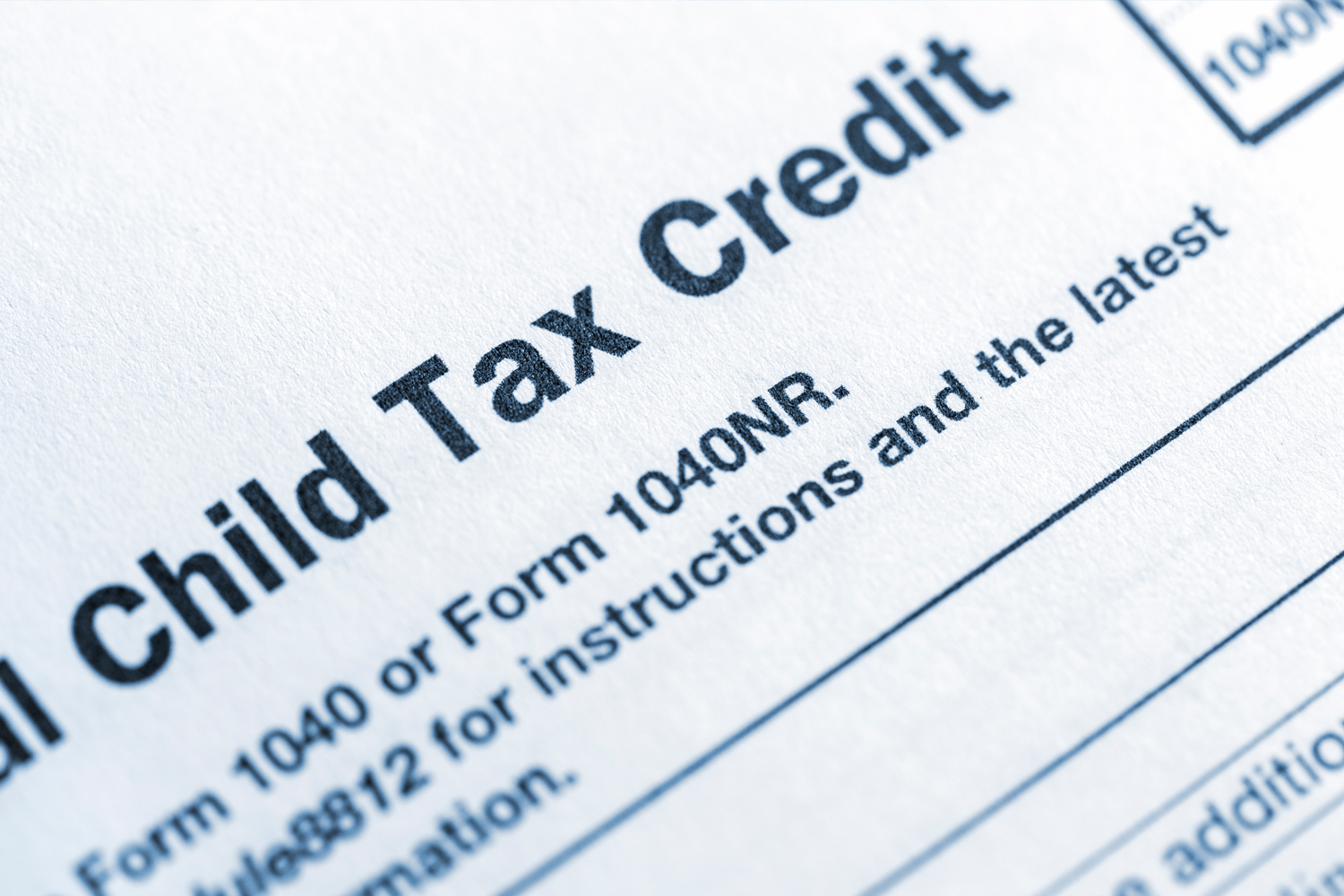Kansas Child Tax Credit 2022
According to the Kansas Department of Revenue, the child tax credit is a valuable tax break for families with dependent children. It can help reduce the amount of taxes owed and potentially result in a larger tax refund. The child tax credit for Kansas residents has undergone changes for the year 2022, and it’s important to understand the details to take advantage of the benefits. In this article, we will explore the Kansas child tax credit for 2022 and provide a comprehensive guide to help you navigate this tax season.
Understanding the Kansas Child Tax Credit
The Kansas child tax credit is a non-refundable credit that taxpayers can claim if they have dependents who are 18 years old or younger. This credit can reduce the total tax liability, but it cannot result in a refund if the credit exceeds the tax owed. For the year 2022, the child tax credit amount is $750 per dependent child.
Eligibility Requirements for the Kansas Child Tax Credit
To qualify for the Kansas child tax credit, you must meet certain eligibility requirements. Here are the key criteria:
1. Residency: You must be a resident of Kansas and have a valid Kansas address.
2. Dependent Children: You must have dependent children who are 18 years old or younger as of December 31, 2022.
3. Dependency Test: You must meet the IRS dependency test to claim the child as a dependent on your tax return.
4. Income Limit: Your modified adjusted gross income (MAGI) must be below a certain threshold to claim the full amount of the child tax credit. The income limit for 2022 is $90,000 for single filers and $150,000 for joint filers. The credit phases out gradually for incomes above these thresholds.
How to Claim the Kansas Child Tax Credit
To claim the Kansas child tax credit on your state tax return, you will need to provide the necessary information and documentation. Here are the steps to claim the credit:
1. Fill out a Kansas tax return: Make sure to include all relevant personal and dependent information on your state tax return.
2. Calculate the credit: Determine the total amount of the child tax credit you are eligible for based on the number of dependent children and income level.
3. Enter the credit on the appropriate line: On your Kansas tax return, locate the section for claiming the child tax credit and enter the calculated amount.
4. Verify eligibility: Double-check that you meet all the eligibility requirements before submitting your tax return.
Impact of the Child Tax Credit on Your Taxes
The child tax credit can significantly reduce your tax liability or even result in a larger tax refund. By claiming the credit, you can lower the amount of taxes you owe dollar-for-dollar. However, it’s important to note that the Kansas child tax credit is non-refundable, meaning it cannot exceed the total tax owed. If your tax liability is already zero or if you have other credits and deductions that reduce your tax liability to zero, you may not benefit fully from the child tax credit.
Frequently Asked Questions
Q: Can I claim the Kansas child tax credit if my child is a college student?
A: No, the Kansas child tax credit is only available for dependents who are 18 years old or younger as of December 31, 2022. If your child is a college student or older, they do not qualify for this credit.
Q: Is the Kansas child tax credit refundable?
A: No, the Kansas child tax credit is non-refundable. This means that if the credit exceeds your tax liability, you will not receive a refund for the difference.
Q: How does the income limit affect the child tax credit?
A: The income limit for the child tax credit determines whether you qualify for the full credit amount or a reduced credit amount. If your modified adjusted gross income (MAGI) exceeds the income threshold, the credit gradually phases out.
Q: Can I claim the Kansas child tax credit if I’m a nonresident?
A: No, to claim the Kansas child tax credit, you must be a resident of Kansas and have a valid Kansas address.
Q: Can I claim the Kansas child tax credit if I’m divorced?
A: The rules for claiming the child tax credit in the case of divorce can be complex. Generally, the custodial parent is the one eligible to claim the child tax credit. However, certain exceptions apply, and it’s recommended to consult a tax professional for personalized advice.
Final Thoughts
Understanding the Kansas child tax credit for 2022 is essential for Kansas residents with dependent children. By claiming this credit, you can potentially reduce your tax liability and increase your tax refund. Remember to review the eligibility requirements, calculate the credit amount accurately, and include the necessary information on your Kansas tax return. If you have any doubts or need further guidance, consider consulting a tax professional or utilizing the resources available on the Kansas Department of Revenue’s website. Make the most of the child tax credit and ensure you take advantage of all available tax benefits.
